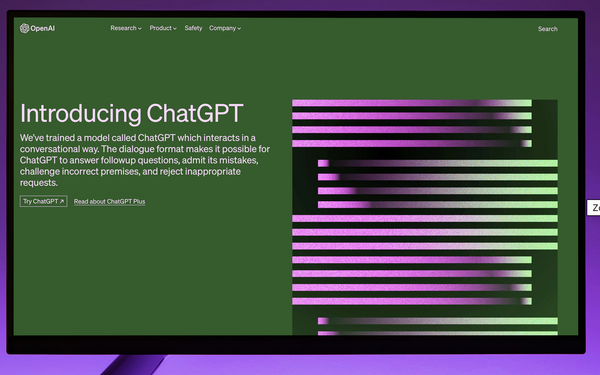pharma
Better Targeting, Help Desk Help: AI Brings Benefits, Challenges, To Pharma Marketing
- by Les Luchter , November 18, 2024

Generative AI holds great potential for pharma marketing and customer engagement, but don’t forget the human touch, according to three industry execs who participated in a Reuters Events webinar titled ‘Supercharge your commercial strategy with AI.”
“How do we stay authentic to customers while still benefiting from all the power of AI?” asked Chetak Buria, Merck’s vice president global commercial operations oncology.
While noting that generative AI’s move into “dinner table conversation -- even my 10-year-old daughter is using Chat GPT” -- will help ease its path in improving customer engagement in the years to come, Buria cautioned about roadblocks ahead.
“Just look at our own personal lives. As soon as we call a helpline and realize there is a chatbot at the other end, we are not motivated to continue,” he related. “You lose the connectivity,” he added, when people see a social media post or image they know is coming from ChatGPT.
advertisement
advertisement
Edyta Banach, AbbVie’s international commercial TA [talent acquisition] head -- oncology, cautioned about the continued need for data privacy and confidentiality in outgoing communications: “We should definitely be very careful what we are putting there, even if for private use, because we do not know how it will be used in the future.
“It's for our safety to minimize risk and make sure that we orchestrate artificial intelligence, and not [have] artificial intelligence orchestrate us,” declared Banach, who has previously worked in pharma compliance and legal areas.
Most recently, prior to assuming her present role last January, Banach led marketing for AbbVie’s HCV (hepatitis C) brands, from which she provided an example of how her team had “unlocked the promise” of AI. The technology, she said, was used to identify HCV patients -- usually a “very difficult” task due to the condition’s blood-to-blood transmission route -- and then connect them with disease awareness activities.
This kind of project could be scalable for awareness programs in other therapeutic areas where “we would like to make sure that patients can get better life,” she explained.
Werner Raeymaeckers, UCB’s head of digital technology commercial services and digital content, said a place where gen AI playing a big role is in “help desks by responding to consumers’ questions with the exact write-up or the standard response document that needs to go out.” But he stressed the necessity of having “a trained human (augmented by Gen AI) in between you and the patient.”
Marketing-wise, Raeymaeckers said gen AI in the next couple of years may help his and other pharma companies finally succeed in turning omnichannel marketing from a “push” to a “pull” mentality. The technology, he said, should both increase content generation and connect that content to better targeting capabilities.
With AI, “you can drive precision targeting both from a field force deployment perspective but also wherever possible when we do digital advertisements,” Buria added. “For example, you can have dynamic content getting displayed based on the background criteria of the user of that digital platform. So your revenue spend is getting more and more precision-driven which helps to improve efficiency and improve targeting of your content.”
AI is “so transformative that we also need to change our delivery models, how we go to market, how we operate,” Raeymaeckers continued. The upshot? A rethinking in the next five to 10 years of how roles are split between pharma marketers and creative ad agencies.
“What should agencies be focusing on?” he asked. “Where do they bring value for the pharma industry?”
Buria said AI can help in the time-consuming legal review process for medical promotions, which “takes that much time away from us delivering that message in the marketplace.”
“When you think of it,” he noted, “a lot of those review comments are repetitive….Could there be an AI use case which helps us accelerate that learning curve, which tells me the probability of my material getting reviewed and approved, with likely suggestions as well?”
While noting that personalization of websites, emails and other content will be important AI functions in the next few years, Raeymaeckers warned pharma companies about the changing nature of content consumption: “We should fundamentally ask ourselves [if] the investments we are doing on websites, on specific channel materials, are the same channels that will be out there three or five years from now?”
Humans can keep all that in check.
“Human interaction will be at the core of every interaction,” said Raeymaeckers. “I do not believe we would be able to run an industry with generalistic Gen AI models where we forget about the humans who are actually generating the data or the insights.”
But expectations will increase. Thanks to AI becoming common, he said, consumers will say, “We expect you to be smart in understanding our needs and be much more targeted with your engagement than what it used to be in the past.””
“I joined pharma because…we actually do something really personal for patients,” Banach stated. “At the end of the day, it's a lot about changing lives of patients and their families, and your actual personal touch.”
That, she said, is something that even 30 years down the road, she doesn’t expect AI to be able to achieve.


